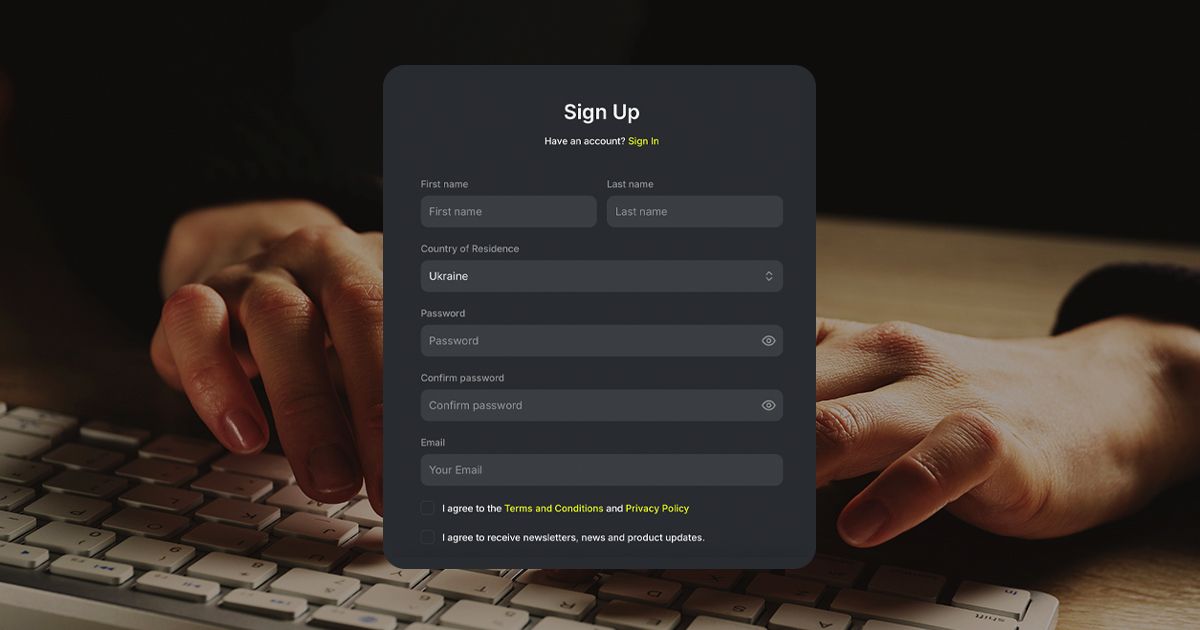What Is a Prop Firm? Everything You Need to Know Before Signing Up
If you want to become a trader or grow your trading career, you've likely come across something called a proprietary trading firm, or prop firm. These firms offer a unique opportunity: they let you trade with their money instead of your own.
Sounds appealing, right?
But before you jump in, it's important to understand how prop firms work, what they offer, and what they expect in return. This article will give you a clear, realistic overview of what prop trading is, how it works, and what you need to consider before you sign up.
What Is a Prop Firm?
A proprietary trading firm is a company that uses its own capital to trade financial markets. It doesn’t manage client accounts like a hedge fund or investment advisor. It generates profits from market movements with their internal funds.
In recent years, many prop firms have opened their doors to retail traders. They offer a chance to trade their money after the trader passes an evaluation process. In return, the firm takes a share of your profits.
How Does Prop Trading Work?
The basic idea is simple:
- You apply to the prop firm.
- You take a challenge or evaluation.
- If you pass, the firm funds you with a simulated or real account.
- You trade their capital and split the profits.
For example, a firm might offer you a $50,000 trading account after you pass a challenge that proves you can manage risk and stay profitable. Once you're “funded,” you can start earning a share of the profits, often around 70% to 90%, while the firm keeps the rest.
Types of Prop Firms
Prop firms come in different forms, and it is important to understand the two main categories of them.
1. Traditional Prop Firms
Traders usually work in-house at an office. You often receive intensive training, mentorship, and access to firm capital. The firm may pay a salary or a draw (advance against future profits). It usually requires prior experience and a trader shall pass a complex hiring process.
2. Retail (Online) Prop Firms
They operate remotely and accept traders worldwide. They use a challenge-based model to assess new traders. There is no salary, only profit splits.
Popular examples: FTMO, Topstep, MyForexFunds (before shutdown), Apex Trader Funding, and Supertrade
This article focuses on online retail prop firms, which are more accessible to the general public.
The Prop Firm Evaluation Process
Most online prop firms apply an evaluation process where they test your skills. If you pass, they give you a funded account.
If you fail to follow the rules, you can lose your funded account.
What Can You Trade?
Prop firms typically allow trading in:
- Forex
- Indices (like S&P 500 or NASDAQ)
- Commodities (like gold or oil)
- Crypto (with some firms)
- Futures (mainly for futures-specific prop firms) Each firm will have its own list of allowed instruments and trading platforms (MetaTrader 4/5, TradingView, NinjaTrader, etc.).
Pros of Trading with a Prop Firm
1. Access to Capital
Most people don’t have tens of thousands of dollars to trade with. Prop firms give you access to large accounts, and you don’t risk your own savings.
2. Defined Risk Rules
Even though defined risk rules restrict, they also teach you risk management, which is an essential skill for long-term success.
3. Performance-Based Rewards
You’re not paid based on your resume, only your trading performance.
4. No Personal Risk (Once Funded)
Once you’re funded, you’re not responsible for losses. Your personal capital isn’t at risk, unlike regular trading.
5. Remote and Flexible
You can trade from anywhere in the world with internet access and a computer.
Cons and Risks to Consider
1. Strict Rules
You must stick to the firm's risk management rules. Even one mistake (like hitting the daily drawdown) can disqualify you.
2. Challenge Fees
Most firms charge $100 to $1,000+ to take a challenge. This fee is non-refundable unless you pass.
3. Simulated Accounts
Many “funded” accounts are simulated. Your trades are not actually placed on the market, but your performance is still tracked for payout.
4. Profit Payouts Vary
Some firms delay payouts or change terms. It's essential to read the fine print and check reviews from other traders.
5. No Guaranteed Income
You only make money when you're profitable. No base salary is offered.
Things to Know Before You Sign Up
Before you dive into a prop firm challenge, make sure you understand the following.
Understand the Rules
Each firm has its own trading guidelines. Learn about the profit targets, drawdown limits, lot sizes, and time requirements.
Choose the Right Firm
Look for reputable firms with good reviews, fast payouts, and transparent policies. Avoid firms with a history of poor communication or hidden fees.
Practice First
Try a demo account or practice on a simulator to build consistency before you pay for a challenge.
Have a Strategy
Random trades won’t cut it. You need a tested strategy with clear entry/exit rules, risk control, and discipline.
Plan for Failure
Most people don’t pass on their first attempt. Budget accordingly and use each challenge as a learning experience.
Final Thoughts
Proprietary trading firms offer a good opportunity for traders who want to access large capital without putting their own money at significant risk. For disciplined, skilled traders, it can be a gateway to trading professionally.

